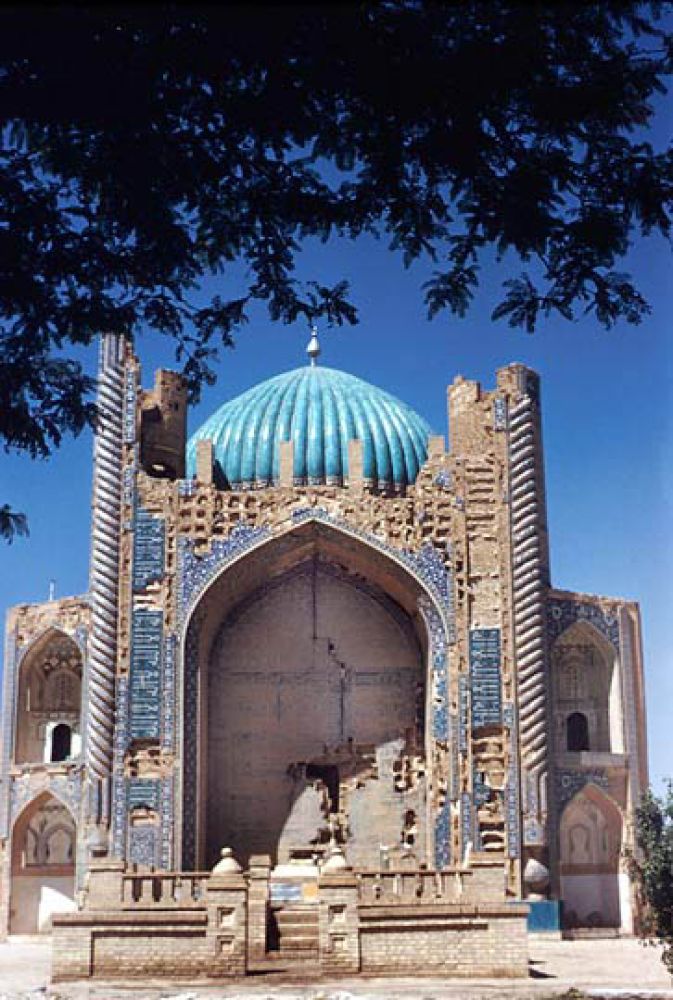

The Khwaja Abu Nasr Parsa Shrine, located in the city of Balkh near Faizabad in Afghanistan, has a rich historical and cultural significance. The shrine is dedicated to Khwaja Abu Nasr Parsa, a respected Sufi scholar of the Naqshbandi order. The shrine complex dates back to the 15th century and is noted for its intricate tile work and Islamic architecture.
Throughout history, the shrine has served not only as a religious site but also as a place of learning and a gathering point for those seeking spiritual knowledge. Historically, it attracted pilgrims, scholars, and travelers from the Islamic world, slowly building its reputation as a key religious site in the region. Despite periods of conflict in Afghanistan, believers continued to visit the shrine, albeit in smaller numbers. During peaceful times, the shrine would see an influx of visitors, both local and from neighboring countries.
In recent years, before the challenges posed by political instability, there were efforts to promote Afghanistan's rich cultural heritage and historical sites like the Khwaja Abu Nasr Parsa Shrine to boost tourism. The hope was to revive international interest and appreciation for Afghanistan's contributions to art, culture, and spirituality. However, the security situation has had a major impact on these efforts, with significant fluctuations in tourist numbers.
The latest trends in tourism around Khwaja Abu Nasr Parsa Shrine and the larger region have been hindered by ongoing political and security challenges. As a result, there has been a significant decrease in international visitors. However, domestic pilgrimage and local tourism occasionally experience a resurgence during periods of relative peace.
Despite the setbacks, there remains a strong desire among cultural preservationists and the local community to promote and maintain the shrine. Efforts to document and share the history of the site continue, although most of this occurs through digital means and within academia, rather than through traditional tourism.
Cultural Significance and Preservation Efforts
The shrine stands as a testament to Afghanistan's historical importance as a center of Islamic learning and cultural exchange. Recognizing this, international organizations and Afghan cultural preservation groups have made efforts to protect and restore historic sites like Khwaja Abu Nasr Parsa Shrine. These efforts aim not only to preserve the physical structure but also to document and maintain the intangible cultural heritage associated with the site.
While the future of tourism at Khwaja Abu Nasr Parsa Shrine remains uncertain due to the complexities of the current situation in Afghanistan, it continues to be revered as a symbol of the country's rich historical legacy.